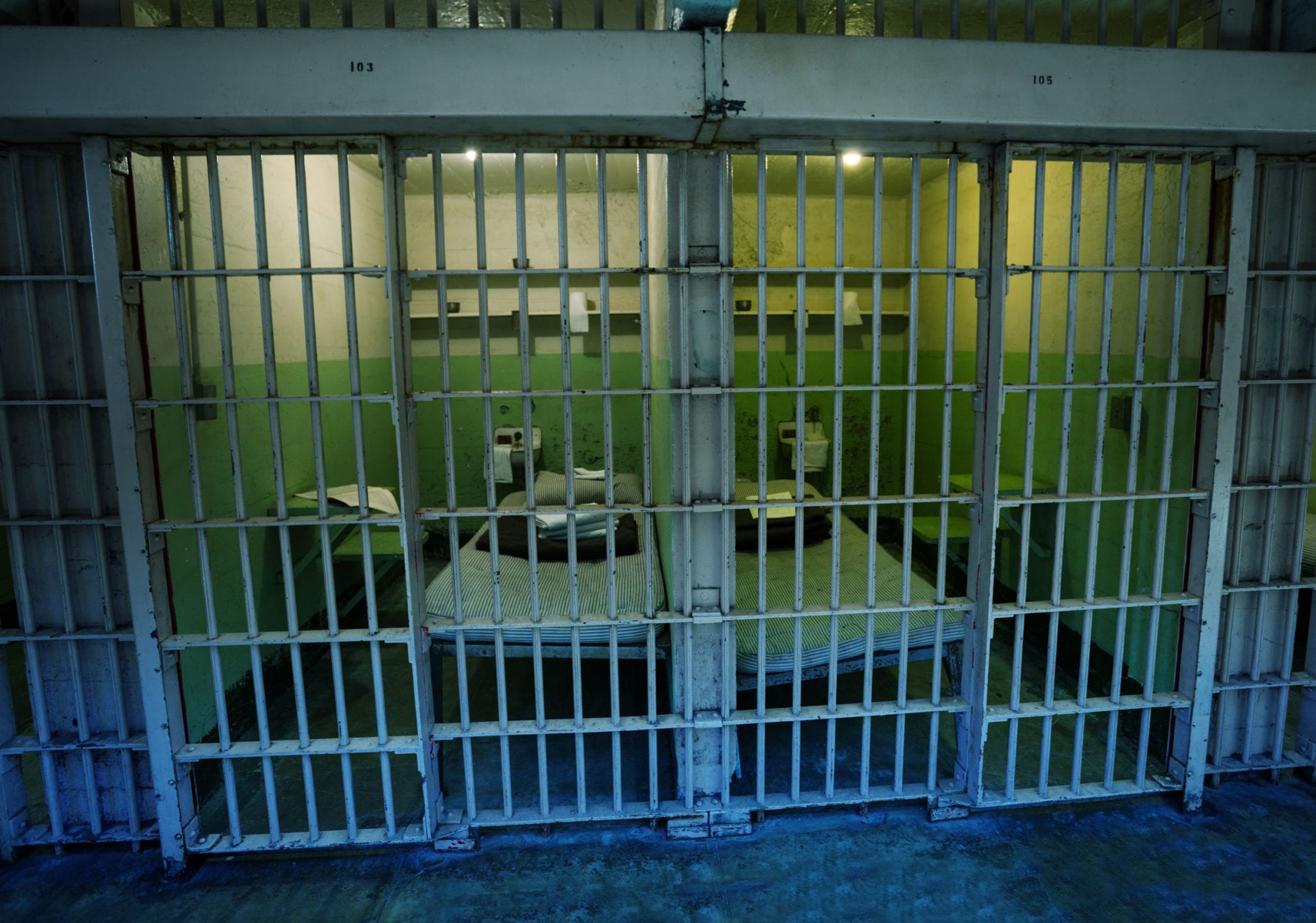Generally speaking, there are three classes of crimes: drug crimes, crimes against property, and violent crimes. Obviously, there can be some crossover, but most offenses fall squarely into one of those three categories.
Drug crimes, clearly, must involve drugs. Violent crimes? Violence, of course. And most people associate property crimes with theft or destruction… but that’s not necessarily true.
Although many property crimes do involve theft or property destruction of some kind, any crime against property falls into the class of property crimes. This includes offenses you probably wouldn’t think of, such as criminal trespass.
Below, we’re going to take a look at how North Carolina law defines criminal trespass and domestic criminal trespass, as well as the criminal penalties you could face if convicted.
How the Law in North Carolina Defines Criminal Trespass
Generally speaking, trespassing refers to the act of intentionally gaining access to or staying on someone else’s property without that party’s consent. The element of intent is present in order to protect persons who accidentally enter the property of another without intending to trespass.
Despite the name, criminal trespass is generally not associated with any other criminal intent beyond gaining unauthorized entry. In fact, if the defendant intends and/or attempts to commit another crime after gaining unauthorized entry, this is generally prosecuted as burglary.
In North Carolina, there are two degrees of criminal trespass. The severity of the charges and sentencing depends on the type of property in question, and on the presence of certain aggravating factors.
First-degree criminal trespass is defined as entering or remaining without authorization:
- On another party’s property that is enclosed or secured to indicate the intent to prevent entry by intruders, or
- Into a building owned by another party.
Second-degree criminal trespass is defined as entering or remain on another party’s property without authorization:
- After being notified not to enter or remain on the property, or
- When there is a notice posted at the property perimeter informing that intruders are not to enter the property.
Criminal Trespass Sentencing and Penalties in North Carolina
First-degree criminal trespass is generally charged as a Class 2 misdemeanor, which is punishable by up to 60 days in jail.
However, the presence of certain aggravating factors can change the classification of first-degree criminal trespass:
- If the property in question is a certain type of facility, such as an electric power supplier or public water system facility, and the defendant entered a building or penetrated a barrier to access the property, this is considered a Class A1 misdemeanor, which is punishable by up to 150 days in jail.
- If the circumstances of the offense qualify for a Class A1 misdemeanor and the offense is committed with the intention to disrupt normal operation of the premises, or puts anyone on the premises (including the defendant) in danger, this is considered a Class H felony, which is punishable by a prison sentence of 4-25 months.
- If the offender trespassed after previously being removed by legal order, and knowingly provided false evidence of authorization to enter the property, this is considered a Class I felony, which is punishable by a prison sentence of 3-12 months.
Second-degree criminal trespass is considered a Class 3 misdemeanor, which is punishable by up to 20 days in jail.
North Carolina Domestic Criminal Trespass Law
Domestic criminal trespass is defined under a separate statute, and involves trespass onto premises occupied by a current or past spouse or domestic partner after being forbidden to do so.
The parties must be living apart at the time of the offense for it to be considered domestic criminal trespass, and there must be some form of evidence that the parties are living apart such as:
- An order of separation
- A court order, such as a protective order, directing the defendant to stay away from the premises
- A written agreement between the parties to live apart
- Evidence that the defendant and victim have separate addresses
If no aggravating factors are present, domestic criminal trespass is charged as a Class 1 misdemeanor punishable by up to 120 days in jail. However, if the property in question is a safe house or shelter for victims of domestic violence and the defendant is in possession of a deadly weapon at the time of trespass, this is charged as a Class G felony, which is punishable by up to 47 months in prison.
Additionally, if domestic criminal trespass violates a legal protective order, the defendant may face additional domestic violence charges related to violating the protective order.
The seriousness of these offenses is why it’s so important to be aware of the laws, and to be proactive in fighting back against any criminal trespass offense you are charged with.










